Our 'Favorite' Business Books of 2012
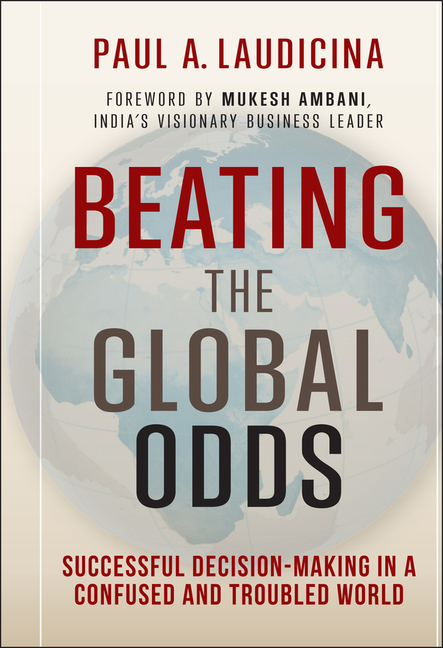
The secret to life is to put yourself in the right lighting. For some it's a Broadway spotlight; for others, a lamplit desk. Use your natural powers--of persistence, concentration, insight, and sensitivity--to do work you love and work that matters. Solve problems, make art, think deeply. [...] Figure out what you are meant to contribute to the world and make sure you contribute it. If this requires public speaking or networking or other activities that make you uncomfortable, do them anyway. But accept that they're difficult, get the training you need to make them easier, and reward yourself when you're done.
Dylan - The Fine Print: How Big Companies Use 'Plain English' to Rob You Blind by David Cay Johnston from Penguin Portfolio
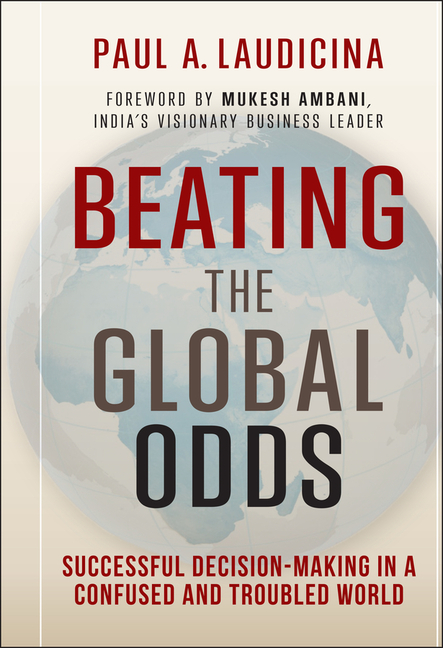
How the promise of cheap, competitive and unlimited telecommunications service has been turned into a reality of expensive, monopolistic and limited service is just one part of the larger transformation in the American economy since the late 1970s. A host of large industries, including banks, credit card lenders, electric utilities, health care, oil pipelines, Hollywood studios, property insurance, railroads and water companies, all have worked quietly to rewrite America's economic playbook in their favor. [...] In The Fine Print, we'll look at how legislatures have rewritten basic business laws, some whose principles date back thousands of years.
Michael - Beating the Global Odds: Successful Decision-making in a Confused and Troubled World by Paul Laudicina from John Wiley & Sons
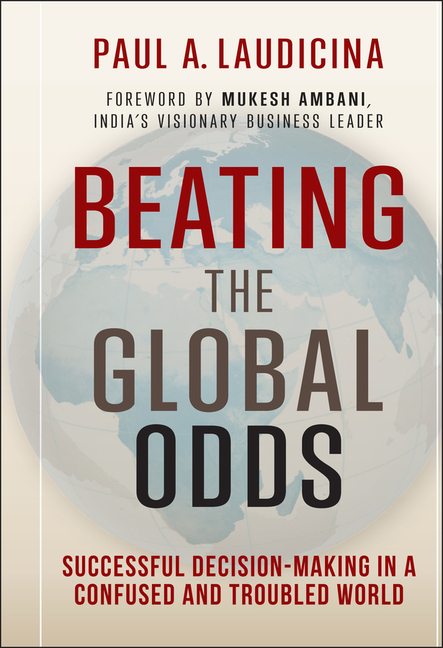
Today's leaders and citizens have to accept a world fraught with volatility and disruptive change, and they have to realize that inaction is not a good option. It's not all bad: This unprecedented volatility is accompanied by an equally unprecedented and compelling convergence of doing well with doing good--a blending of the pursuit of enlightened self-interest with the pursuit of the common good....By leveraging new technological capabilities and employing more dynamic ways of thinking and inspiring the future, we can beat the global odds.
Jon - Antifragile: Things That Gain from Disorder by Nassim Nicholas Taleb from Random House
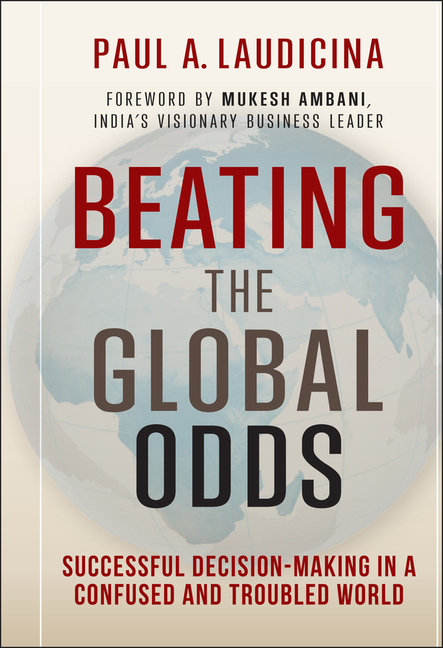
Some things benefit from shocks; they thrive and grow when exposed to volatility, randomness, disorder, and stressors and love adventure, and risk, and uncertainty. Yet, in spite the ubiquity of the phenomenon, there is no word for the exact opposite of fragile. Let us call it anti-fragile. [So...] The best way to verify that you are alive is by checking if you like variations. Remember that food would not have a taste if it weren't for hunger; results are meaningless without effort, joy without sadness, convictions without certainty, and an ethical life isn't so when stripped of personal risk.
Jack - Bitter Brew: The Rise and Fall of Anheuser-Busch and America's Kings of Beer by William Knoedelseder from HarperBusiness
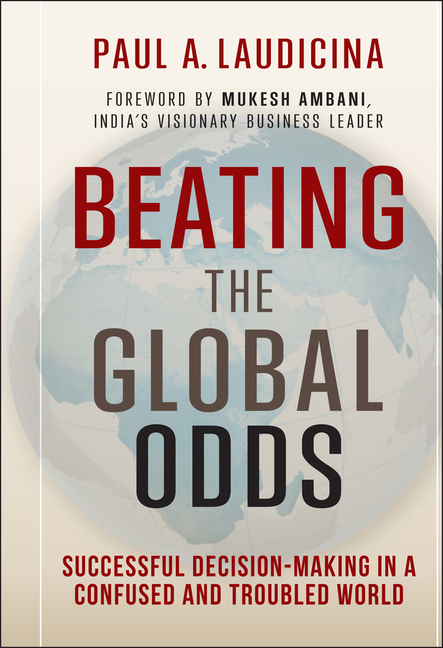
Thanks to their beer, the Busch family had tasted all that America ever promised the immigrant class from which they sprang --wealth almost beyond comprehension, political power that provided access to presidents, and a lifestyle rivaling that of history's most extravagant royals. Along with that, of course, came a king-sized portion of heartbreak, scandal, tragedy, and untimely death. But they had endured.... Of the brewing giants that boomed after Prohibition...only Anheuser-Busch remained as a free-standing, independent company, still operated by the family that founded it.



